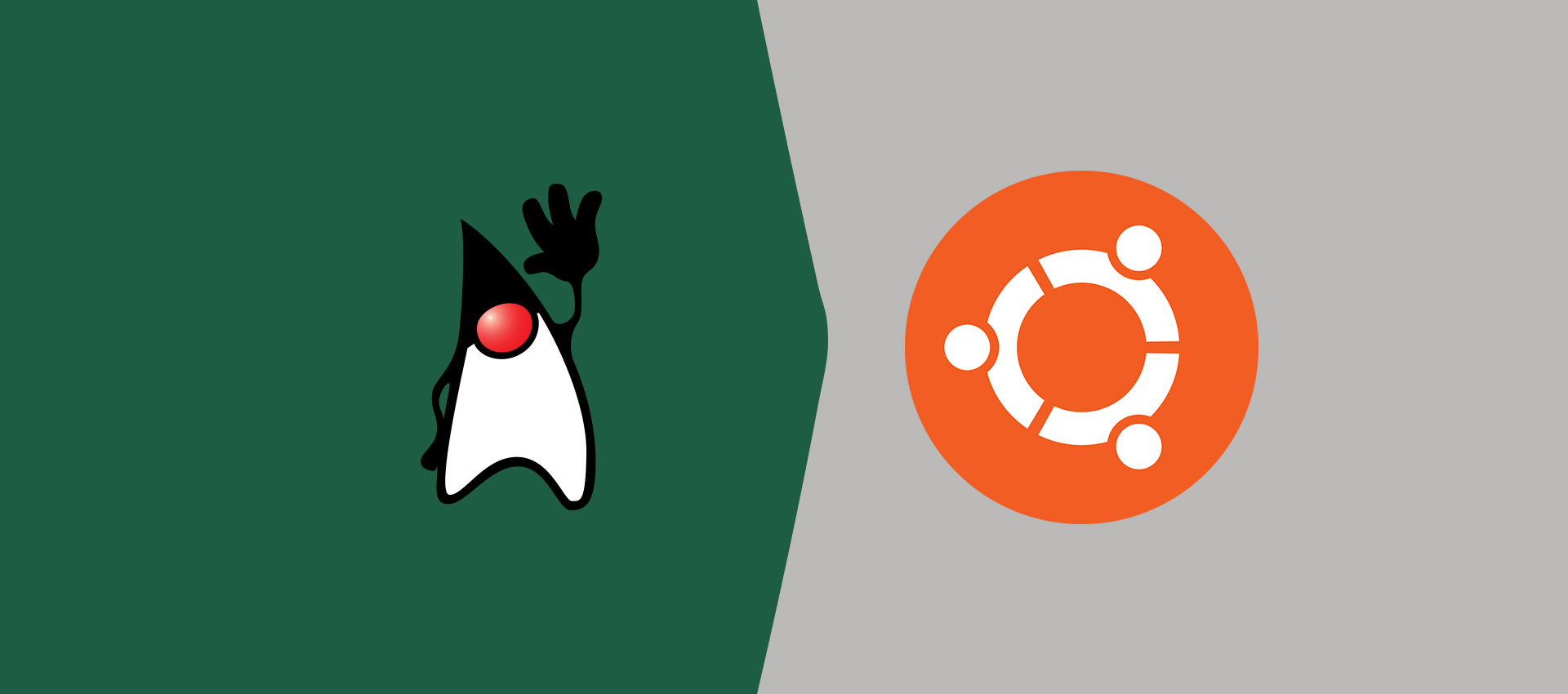

The other issue I had was that Elasticsearch was not recognising my JAVA version.
OPENJDK JAVA 14 CODE
I then ran the code below, which I took from the output above: sudo ln -sfn /usr/local/opt/openjdk/libexec/openjdk.jdk /Library/Java/JavaVirtualMachines/openjdk.jdk If you need to have openjdk first in your PATH, run:Įcho 'export PATH="/usr/local/opt/openjdk/bin:$PATH"' > /Users/gerarddonnelly/.bash_profileįor compilers to find openjdk you may need to set:Įxport CPPFLAGS="-I/usr/local/opt/openjdk/include"
OPENJDK JAVA 14 SOFTWARE
Openjdk is keg-only, which means it was not symlinked into /usr/local,īecause macOS provides similar software and installing this software in

Sudo ln -sfn /usr/local/opt/openjdk/libexec/openjdk.jdk /Library/Java/JavaVirtualMachines/openjdk.jdk Note that this approach is particularly useful because I rely on brew as my primary (and arguably most consistent) package manager.Īnd it will display the following which shows your file path: For the system Java wrappers to find this JDK, symlink it with Actually, Oracle JDK’s build process builds from OpenJDK source code. To switch your version, run the alias j8, j11, etc.ĭon't forget to prepend the $PATH in your ~/.zshrc with export PATH="/usr/local/bin:/usr/local/sbin:$PATH" otherwise the system java will have precedent. OpenJDK is released under license GPL v2 wherein Oracle JDK is licensed under Oracle Binary Code License Agreement. zshrc as follows alias j8="export java -version"
OPENJDK JAVA 14 INSTALL
Sudo ln -sfn /Library/Java/JavaVirtualMachines/openjdk-17.jdk.Īfter multiple tries, here is a recipe that allows for me to switch between the different versions of OpenJDK and this approach appears to work on Ventura.įirst, install all the necessary OpenJDK versions (for me I needed 8, 11, 17, and 20) brew install install install install the wrapper, as recommended in the multiple postings: sudo rm -f /Library/Java/JavaVirtualMachines/openjdk.jdk and sudo ln -sfn /usr/local/opt/openjdk/libexec/openjdk.jdk /Library/Java/JavaVirtualMachines/openjdk.jdk. For the system Java wrappers to find this JDK, symlink it with The response text look something similar to. Now, in case you do not see the java version in /usr/libexec/java_home as expected and the version selection of that missing version is not working, you might need to add a symlink:Įxecuting brew info return the location of the installed version and will specify a symlink command that you should run for the system to find the SDK. You can further export the JAVA_HOME variable in your shell init file as speciifed in the attached SOF thread. Now you can select the java version using:Įxport JAVA_HOME=`/usr/libexec/java_home -v 8` You should see the two versions specified in the response (if not, read further to create a symlink). Install two java versions (change java versions as pleased):īrew install install the following command to see the installed versions: You can use brew to install multiple java versions and run a command to switch between the versions as required.
OPENJDK JAVA 14 HOW TO
Jdk-14.0.1:amd64 : Depends: libasound2:amd64 but it is not installableĮ: Unable to correct problems, you have held broken packages.Assembled from the answers here and How to set or change the default Java (JDK) version on macOS?: The following packages have unmet dependencies: The following information may help to resolve the situation: Requested an impossible situation or if you are using the unstableĭistribution that some required packages have not yet been created $ sudo apt install /home/pi/Downloads/jdk-14.0.1_linux-圆4_bin.deb deb file without any tutorial ( ) but it does not work. I'm trying to install jdk 14 on my raspbian pi 4b but all tutorials either show how to download open-jdk or how to download an old oracle jdk version.


 0 kommentar(er)
0 kommentar(er)
